-
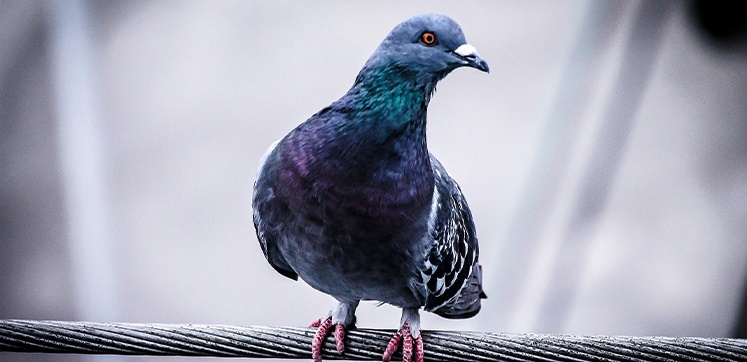
16 November 2021
NRW extend Welsh general licences into 2022
Four general licences which authorise lethal control of birds in Wales, due to expire on 31 December, will be reissued for a short period into 2022.. More
-

02 March 2024
Nurture Group acquires Midland Pest Control
The award-winning green services group has now completed its 45th successful acquisition.. More
-
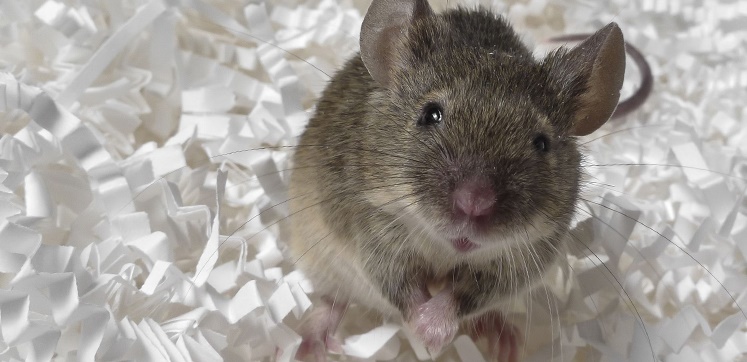
10 May 2018
NYC study reveals the dangers of mice
Study finds New York mice harboured disease-causing bacteria and antibiotic resistance genes.. More
-

27 April 2017
Obituary: Harry E Wainman
We are sad to report the passing of Harry Wainman, who for many years headed the storage pest fumigation research team at the Government’s Central Science Laboratory in Slough.. More
-

22 August 2019
Observe a Servicing Committee meeting
Want to get more involved in your Association? Why not come along to one of our Servicing Committee meetings and find out what it’s about?. More
-
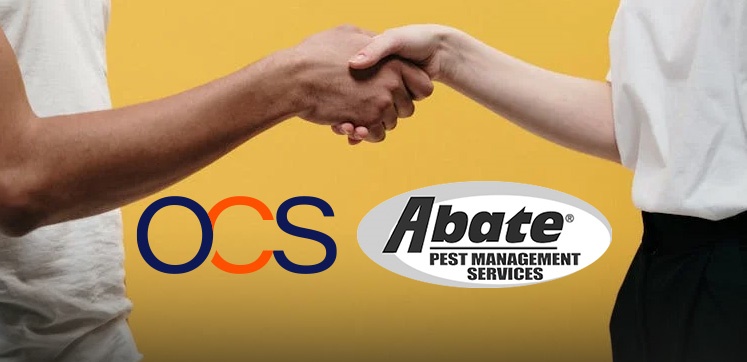
05 April 2024
OCS acquires Abate Pest Management Services to expand UK pest control business
OCS, a global facilities service provider, announces that it has acquired BPCA member company Abate Pest Management Services (“Abate”), an independent provider of pest control solutions based in Norfolk.. More
-

27 May 2025
OCS Foundation to help young people relaunches
Press release: OCS Foundation relaunches with renewed mission to empower children and young people across the UK and Ireland. . More
-
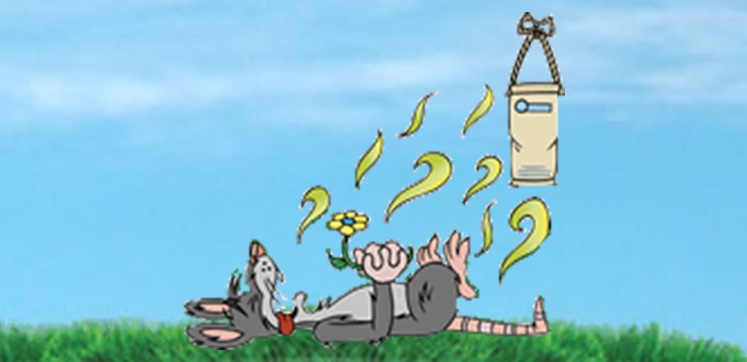
08 February 2024
Odour elimination from Earth Care to feature at PestEx 2024
Earth Care bringing odour elimination technology and free educational flash drives to PestEx 2024.. More
-

10 November 2016
On the Twelfth Day of Christmas BPCA gave to me…
As part of the BPCA's ongoing commitment to community projects, the staff team has decided they're going to run a reverse advent calendar "pass it on" charity event.. More
-

09 November 2021
Onboarding a pest technician: new resources for new starters
In PPC105 we look at how a good onboarding process can drive the professionalism of a pest control company and ensure a technician knows how to stay safe in the field. . More
-

09 December 2025
Onboarding success with BPCA
Karen Dawes, BPCA Training and Development Manager, outlines how BPCA’s structured onboarding programme supports new pest technicians, highlighting one recruit’s progression from beginner to confident, competent professional.. More
-

30 June 2020
Open letter to Natural England: Individual licences for gull control in England, this year and beyond
Today, BPCA has written to Dave Slater, the Director for wildlife licensing at Natural England regarding the future of individual licences for gull control. . More
-
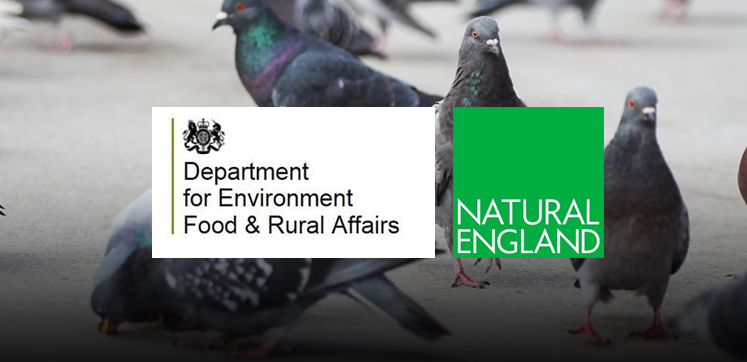
14 May 2019
Open letter to Secretary of State regarding call for evidence: Bird control licences
BPCA has written to Secretary of State Gove in regards to Defra's call for evidence on the impact of the revoking of three general licences for bird control. . More
-

02 September 2020
Open letter to the Scottish Animal Welfare Commission: glue traps for professional use
BPCA has written to the policy advisor for the Scottish Animal Welfare Commission (SAWC), in response to a call for evidence on the use of glue traps for pest management.. More
-
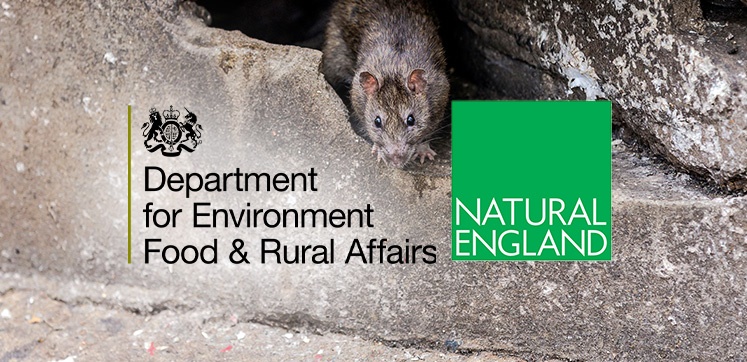
23 April 2025
OPEN LETTER: Glue Board Act fails to protect animal welfare or public health, says BPCA
BPCA has written an open letter to the Secretary of State for Environment, Food and Rural Affairs, Steve Reed.. More
-
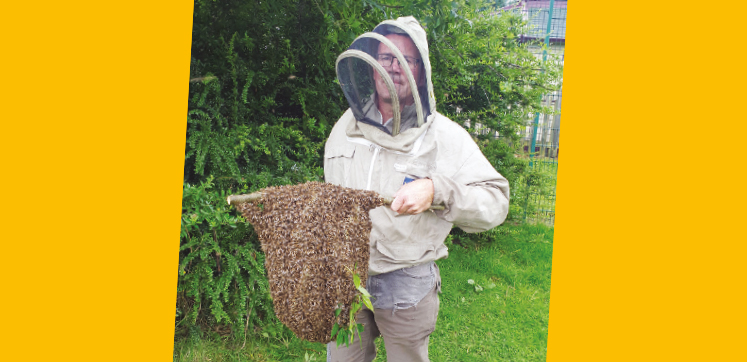
13 November 2019
Open plan living
In August Martyn Belcher, from ABM Pest Control, was called out by Nottinghamshire Police to deal with a swarm of honey bees.. More
-

10 December 2025
Opening doors to the next generation of pest professionals
Rosina Robson highlights how BPCA’s new pestcareers.org.uk hub and supporting initiatives aim to attract a more diverse and skilled workforce into pest management.. More
-

13 May 2021
Opinion: Apocalypse when? A future without rodenticides
In this PPC article, Alex Wade from Wade Environmental asks what would happen if our fears over a ban on rodenticides came to pass. . More
-
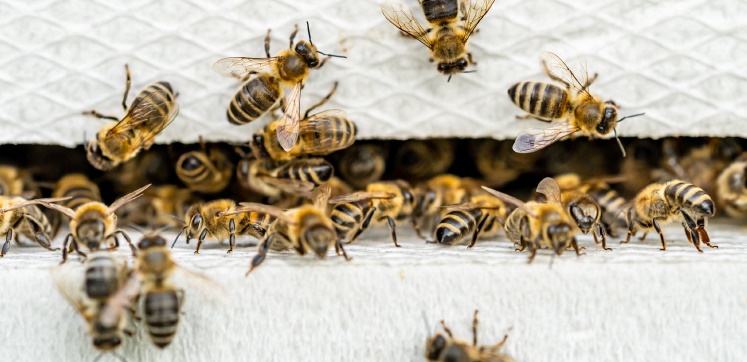
11 September 2025
Opinion: Bee-fuddled – Bee management and pest control
Stricter laws and rising eco-awareness make feral honey bee jobs especially sensitive. BPCA’s online debate saw four specialists explore the practical, legal and ethical challenges of bee work.. More
-
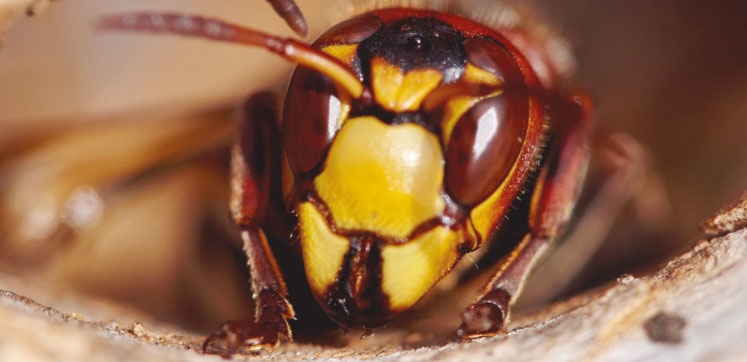
03 May 2024
Opinion: Changing your wasp management treatments
Alex Wade from Wade Environmental, a BPCA member, discussed changing wasp control methods at PestEx. He shares insights with PPC readers.. More
-

26 February 2021
Opinion: Cholecalciferol - the new kid in the block
PPC magazine caught up with Dave Archer and asked him for his thoughts on cholecalciferol, actives from times gone by and the future of rodenticides. . More
-

05 June 2023
Opinion: does CPD need to change?
Martin Rose-King talks about the the current state of CPD and what the future might look like.. More
-
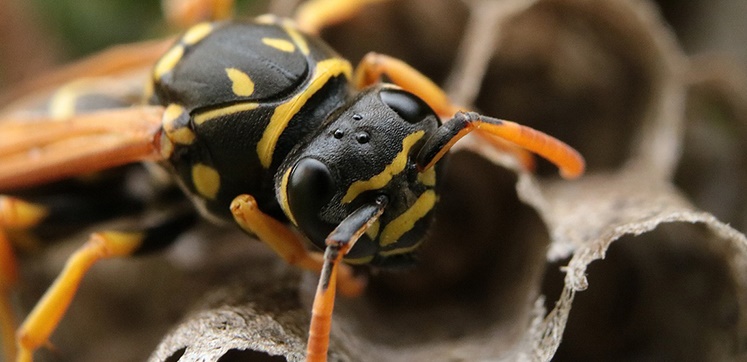
05 June 2023
Opinion: Don't put all your eggs into one wasps' nest
Sam Thorpe, Predator Pest Solutions, talks about the alternatives to relying on wasp management revenue this summer.. More
-

27 November 2023
Opinion: Game on! Throwing down the resistance gauntlet
In PPC113 Alex Wade, from Wade Environmental, asks pest professionals: "Is resistance our biggest challenge in 2024?". More
-

23 August 2021
Opinion: Glue board ban and the failure to self-regulate
In PPC104 Henry Mott, former president of CEPA, takes a step back to look at the ramifications of the Glue Traps (Offences) Bill.. More